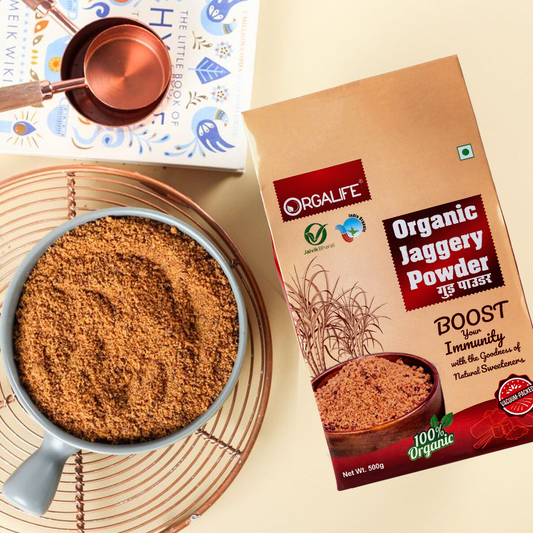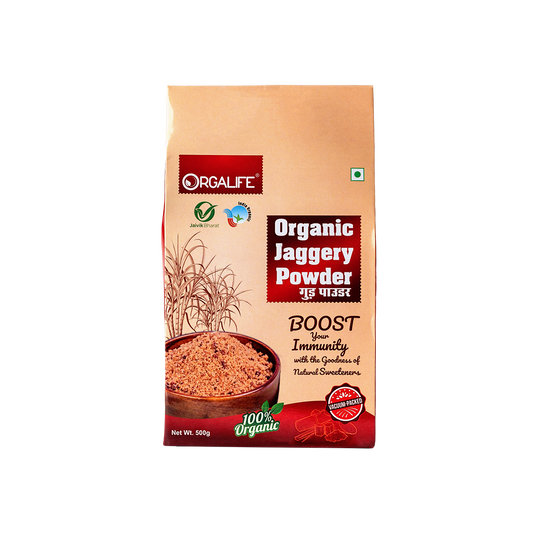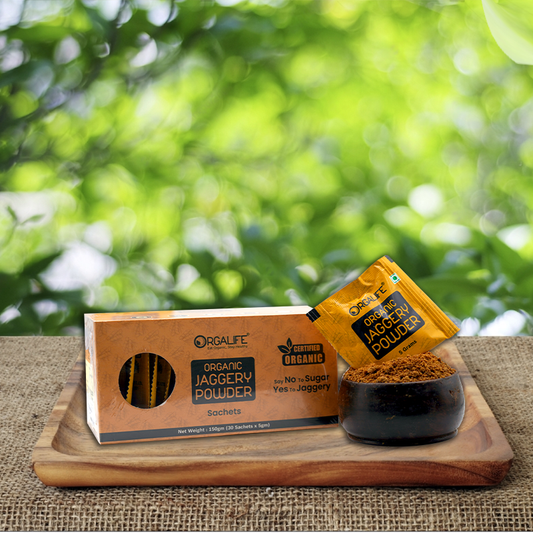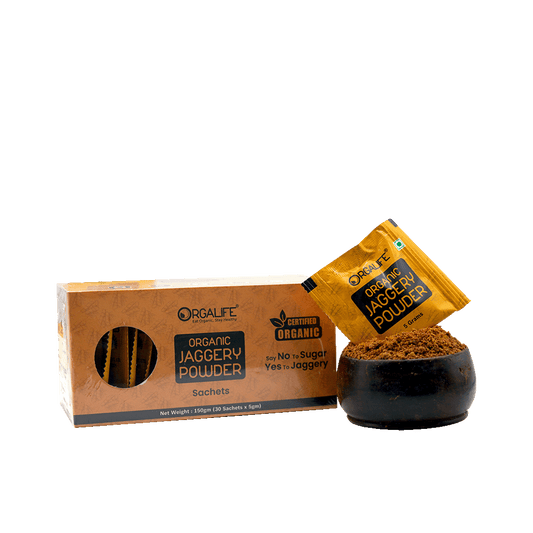HOW TO EAT SUNFLOWER SEEDS? 5 AMAZING BENEFITS OF SUNFLOWER SEEDS
WHAT IS SUNFLOWER SEEDS?
Sunflower seeds are technically the fruits of the sunflower plant.
The seeds are harvested from the plant’s large flower heads, which can measure more than 12 inches (30.5 cm) in diameter. A single sunflower head may contain up to 2,000 seeds.
There are two main types of sunflower crops. One type is grown for the seeds you eat, while the other — which is the majority farmed — is grown for the oil.
The sunflower seeds you eat are encased in inedible black-and-white striped shells, also called hulls. Those used for extracting sunflower oil have solid black shells.
Sunflower seeds have a mild, nutty flavor and a firm but tender texture. They’re often roasted to enhance the flavor, though you can also buy them raw.

BENEFITS OF SUN FLOWER SEEDS:
Reducing Inflammation
For those with short-term or chronic inflammation, sunflower seeds can offer anti-inflammatory benefits. It contains vitamin E, flavonoids, and other plant compounds that can reduce inflammation. A study found that consuming sunflower seeds and other seeds five times or more each week resulted in lower levels of inflammation, which also lowered risk factors for several chronic diseases
Improving Heart Health
They are rich in ‘healthy’ fats, including polyunsaturated fat and monounsaturated fat. A three-fourths cup serving of sunflower seeds contains 14 grams of fat. Studies found that consumption of seeds — including sunflower seeds — was linked to lower rates of cardiovascular diseases high cholesterol and high blood pressure.
Supporting the Immune System
They are a source of many vitamins and minerals that can support your immune system and increase your ability to fight off viruses. These include both zinc and selenium. Zinc plays a vital role in the immune system, helping the body maintain and develop immune cells. Selenium also plays a role in reducing inflammation, fighting infection, and boosting immunity.

ARE SUNFLOWER SEEDS HEALTHY?
Yes, they are extremely healthy. They are rich in protein, healthy fats, magnesium, and potassium among many other nutrients.
They can be effective in reducing cholesterol, monitoring diabetes, and can also aid in weight loss. It’s a powerhouse of energy-packed antioxidants that are great for skin health.
Consideration
Although sunflower seeds are a healthy food, there are some dangers that people should consider.
Allergies
Studies show that people may develop hypersensitivity to sunflower seeds. People may be allergic to sunflower seed pollen when farmers harvest, or they may be sensitive to bird feed that contains sunflower seeds.
Some people may need to avoid eating sunflower seeds because of allergies. However, those who are sensitive to seeds can consume sunflower oil.
Bacteria
In some cases, sunflower seeds may contain harmful germs that can be spread by planting or purchasing sprouted seeds in a store.
Sprouted seeds are a responsible Reliable source for salmonella outbreaks, which cause food poisoning.
High calorie
Eating sunflower seeds in moderation as part of a healthy diet can have many benefits. However, at 165 calories per ounce, you are not a high-calorie food. If a person intends to maintain moderate weight, he may want to reduce the proportions of sunflower seeds and include them as part of daily calories.
HOW TO CONSUME THEM?
Using your tongue, position the shell vertically or horizontally between your molars. Crack the shell with your teeth and separate the seed from the shell. Then spit the shell out and eat the seed.
You can also eat sunflower seeds in a variety of dishes. Here are a few ways you can incorporate them into meals:
- Sprinkle on top of a salad
- Add to trail mix
- Stir into oatmeal
- Sprinkle over stir fry or mixed vegetables
- Add to veggie burgers
- Mix into baked goods
- Use sunflower butter in place of peanut butter
- Cook with sunflower oil instead of other oils
People can try the following tips to include sunflower seeds in their diet:
- Eating raw seeds as a portable and easy snack
- including seeds as part of the route mixing
- sprinkle roasted or raw seeds on top of cereals, cooked vegetables, or salads
- to add seeds when baking bread or muffins
- to make sunflower seed butter using a high-speed blender
WHICH SEED IS HEALTHY TO EAT?
Seeds make a popular snack. Though there are many options, two types tend to be consumed most often. Sunflower-seeds are great for summer while pumpkin seeds are enjoyed in the fall. Both have their benefits to offer.
The right way to eat sunflower seeds
Sunflower-seeds are available in the market in both forms- shell or shelled kernels. The outer covering of the shelled sunflower seed is black. It needs to be cracked open with the teeth. The shell is spitted out and the inner seeds are eaten. Most people consume shelled sunflower seeds as it is easy to consume and add to other dishes.
You can add to the trail mix, sprinkle on top of your salad and add some in yogurt or porridge, or oatmeal. When baked the seeds turn green, due to a chemical released from them. This is caused due to the reaction of chlorogenic acid and baking soda, which is generally harmless. You should not consume more than 30 grams of sunflower seeds per day.
Summery
Sunflower-seeds are a healthy addition to the diet, providing essential nutrients and beneficial plant compounds. They are an excellent source of fiber and have anti-inflammatory and antioxidant properties.
As a good source of minerals, it can support healthy bones and skin. However, some people may disagree or be sensitive to sunflower seeds and pollen.
People can try to eat raw sunflower seeds, freeze them, or sprout them.
Orgalife Provides 100% Organic and Natural Homemade, the best quality of CHEMICAL-FREE and NO PESTICIDES organic products.

We offer a wide range of organic products.
Follow us on Facebook – https://www.facebook.com/orgalife.in






